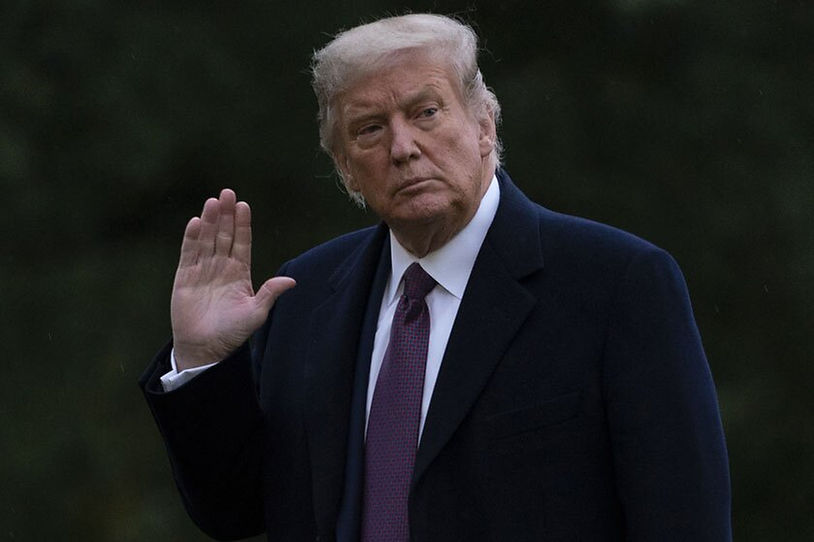By: Jay Yi
Last week a hearing scheduled by the House of Representatives took place to decide if Trump should be prosecuted for interfering in the 2020 election.
Trump released a 12-page statement about why he had the right to change the results of the election. He usually doesn’t defend his actions, but this time, he did. [great!]
Even though the prosecution team has evidence, they still can’t hold a trial because of many complications. For example, “his continued stream of falsehoods highlights some of the complexities of pursuing any criminal case against him, despite how well established the key facts are at this point,” said Michael S. Schmidt and Maggie Haberman.
In another hearing, they discovered that Trump had a plan for the Vice President to overturn the election. Through the hearings, the panel has discovered enough evidence to make Mr. Garland, the Attorney General, to hurry up.
To really be able to prosecute Trump, either of two things can happen. The first is coming across evidence that Trump knew the election wasn’t stolen, but he wanted to stay being president. The second is that he knew what he was doing was wrong, but still went with it anyway.
There was more evidence exposed when, “Mr. Jacob told the panel that Mr. Trump had been told on Jan. 4, 2021, by Mr. Eastman — who was pushing a plan to have Mr. Pence block or delay certification of the Electoral College count — that the scheme would violate the Electoral Count Act, the federal law governing the process,” said Michael S. Schmidt and Maggie Haberman.
The best way to successfully hold a court against Trump is to have evidence that states that Trump knew he was doing something wrong. With this evidence/testimony, the prosecutors can prove their arguments beyond a reasonable doubt.











